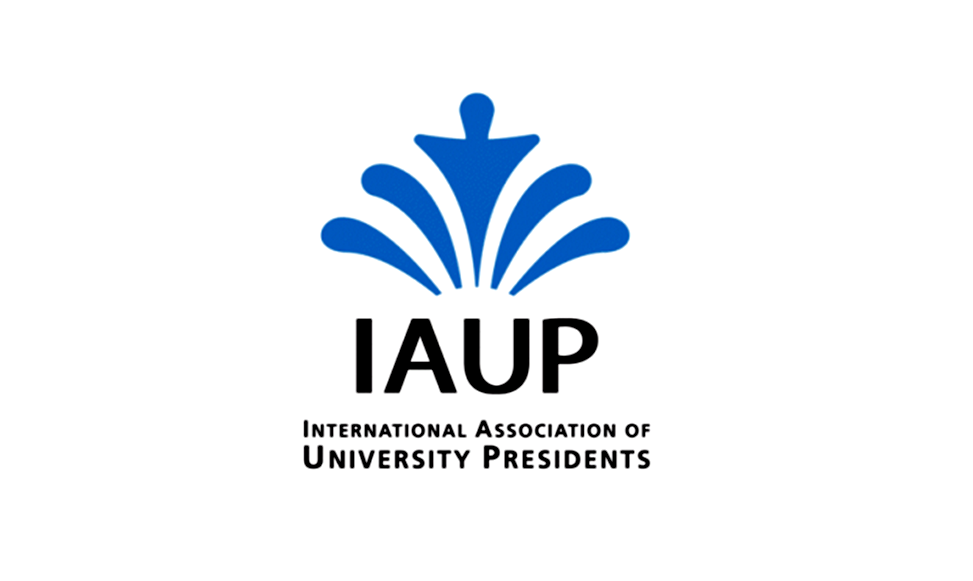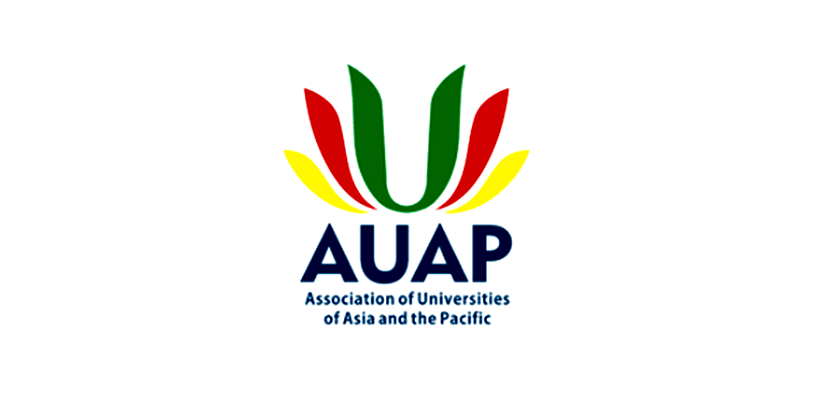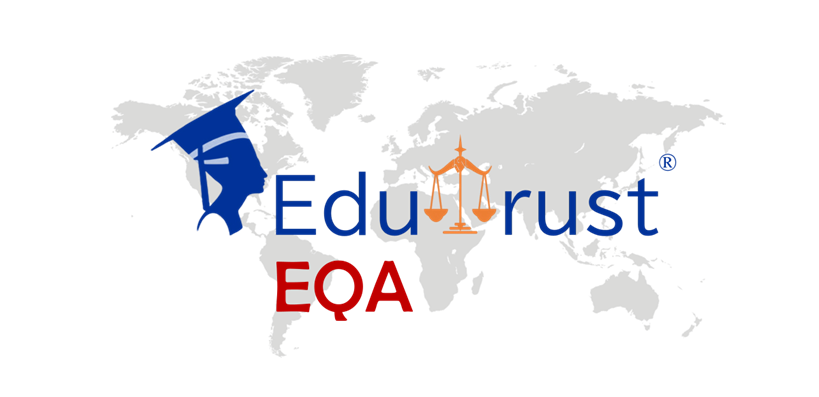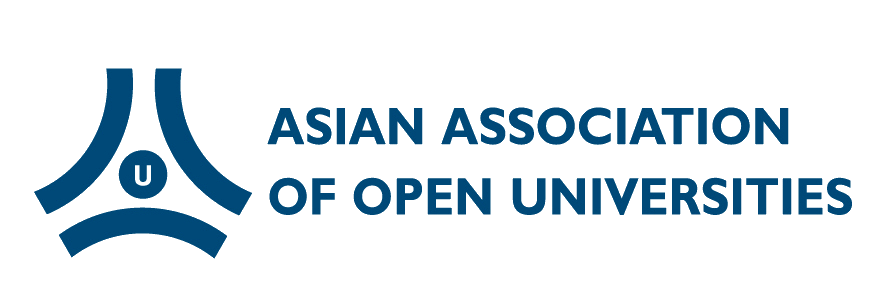College News
The Asia Pacific School of Business Deepens International Education Cooperation in Traditional Medicine
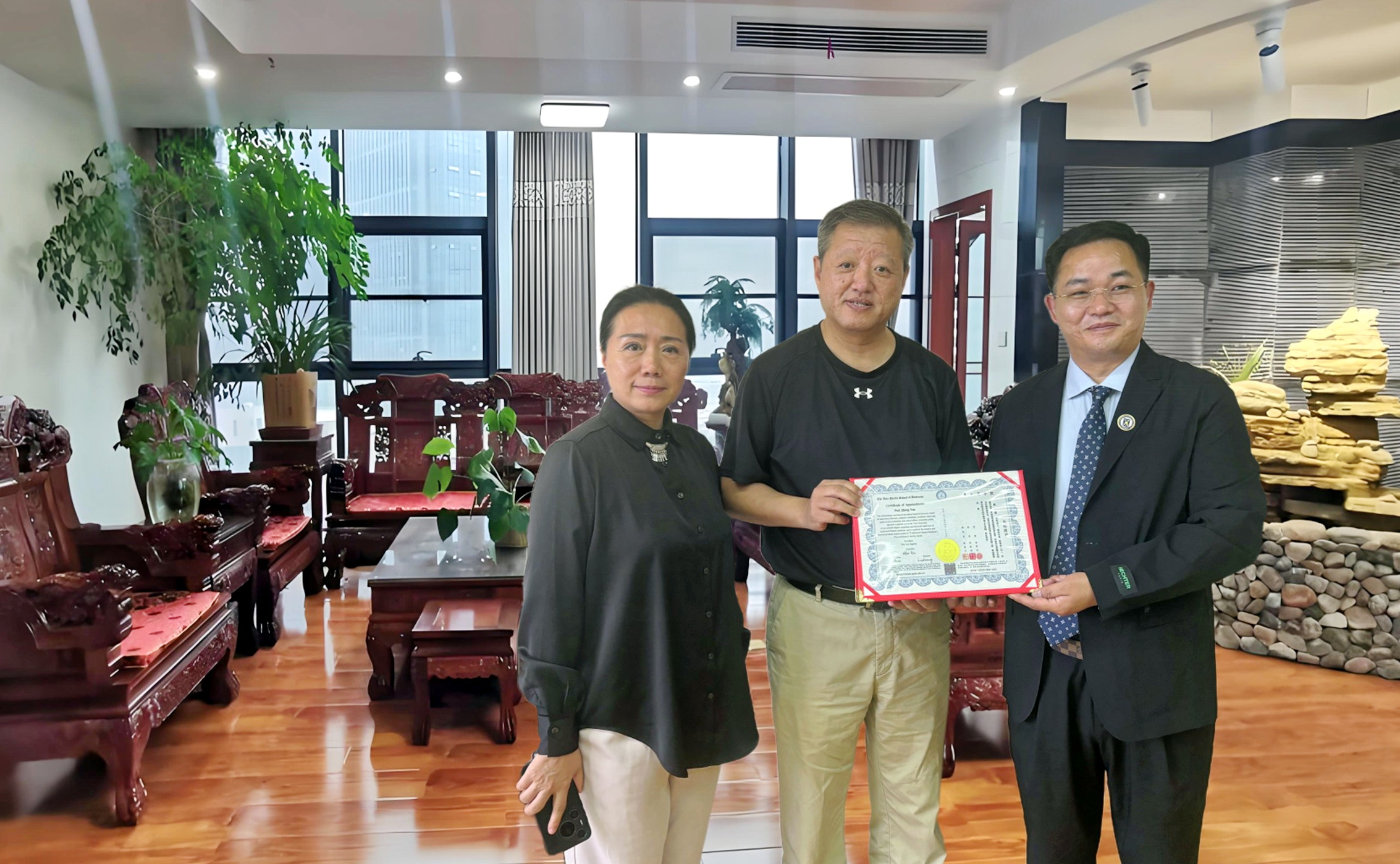
The Asia Pacific School of Business Deepens International Education Cooperation in Traditional Medicine; Minister Zheng Yan Appointed Vice - Chair of Academic Committee --National Strategy Empowers a New Journey of Internationalization of Traditional Chinese Medicine Education
On April 26, 2025, Dr. Jianyin Yiyan, the rotating chairperson of the board of directors of the Asia Pacific School of Business, met with Minister Zheng Yan and his delegation from the International Exchange and Cooperation Center of the National Health Commission (formerly the Ministry of Health) in Shenzhen (the school's educational group in China). The two sides held in - depth discussions on the international development strategy of traditional medicine degree education and regional cooperation in ASEAN. Minister Zheng Yan was appointed as the vice - chairperson of the school's academic committee and a doctoral supervisor, marking a new stage in the cooperation between the two sides.
1. Strategic Dialogue: Global Vision and National Mission of Traditional Medicine Education
Minister Zheng Yan pointed out in the meeting that the international development of traditional medicine education should focus on the "three combinations": the combination of the essence of traditional medicine and the modern scientific system, the combination of the dissemination of Chinese culture and the construction of a community with a shared future for human health, and the combination of national strategic orientation and regional development needs. He especially emphasized that the Two Sessions in 2025 clearly proposed to "promote the high - quality integration of traditional Chinese medicine into the Belt and Road Initiative", requiring traditional medicine education to "uphold integrity, make innovations, and provide precise empowerment" in international cooperation. Especially in Southeast Asia, it is necessary to "use Vietnam as a pivot to build an ASEAN traditional medicine education community".
Regarding the layout of the Asia Pacific School of Business in Vietnam, Minister Zheng Yan put forward a "trinity" implementation path:
1. Policy Co - ordination: Relying on the *Development Plan for Promoting the High - Quality Integration of Traditional Chinese Medicine into the Belt and Road Initiative (2021 - 2025)*, jointly establish the "China - Vietnam Traditional Medicine Education Innovation Platform" with the Vietnam University of Traditional Medicine to promote the parallel development of degree education and vocational training.
2. Disciplinary Integration: On the basis of the existing business administration discipline, add interdisciplinary directions such as "Traditional Medicine + Digital Health" and "International Communication of Traditional Chinese Medicine" to cultivate compound talents.
3. Cultural Empowerment: Through brand activities such as the "Overseas Tour of Traditional Chinese Medicine Culture" and the "ASEAN Traditional Medicine Summit Forum", integrate the concept of "harmony between man and nature" into the regional health governance system.
2. School - Government Collaboration: Constructing a New Paradigm of Traditional Medicine Education
Dr. Jian Yinyiyan said that the Asia Pacific School of Business will take this cooperation as an opportunity to create a "twin - wheel - drive" development model:
1. Academic Leadership: Establish the "Asia Pacific Traditional Medicine Research Institute", focus on areas such as the modernization of traditional Chinese medicine, the development of ethnic medicine, and cross - border health policies, and jointly establish joint laboratories with institutions such as the China Academy of Chinese Medical Sciences and the National University of Singapore.
2. Practical Innovation: Set up the "International Education Base for Traditional Chinese Medicine" in Ho Chi Minh City, Vietnam, offer practical courses such as acupuncture and Tuina, and the processing of traditional Chinese medicine, and cooperate with local medical institutions to establish clinical teaching centers.
Minister Zheng Yan highly appraised the school's educational philosophy of "inter - disciplinary, cross - cultural, and cross - regional", believing that its school - running orientation of "based in Singapore, with a focus on China" is in line with the national strategy of "using overseas Chinese as a bridge and culture as a precursor". He especially pointed out that Southeast Asia has a high acceptance of traditional medicine, and countries such as Vietnam are promoting medical system reforms, providing a historical opportunity of "favorable timing, geographical location, and harmonious people" for the education of traditional Chinese medicine.
3. Appointment Ceremony: In - depth Integration of Academic Authority and Strategic Vision
At the appointment ceremony, Dr. Jianyin Yiyan presented the appointment letter to Minister Zheng Yan, saying that he "has both policy insight and academic foresight". In his speech, Minister Zheng Yan emphasized that after being appointed, he will focus on promoting three tasks:
1. Standard Setting: Participate in the formulation of the *ASEAN Traditional Medicine Education Standards* to promote the mutual recognition of traditional Chinese medicine degrees.
2. Teacher Training: Establish a "Belt and Road" traditional medicine teacher database and invite national medical masters and Qi - Huang scholars to conduct cross - national lectures.
3. Scientific Research Tackling: Launch major research projects such as "The Application of Artemisinin Derivatives in the Prevention and Treatment of Tropical Diseases in Southeast Asia" to promote the integration of industry, education, and research.
This cooperation has received high attention from the academic community. Professor Wang Qi, the dean of the International College of Beijing University of Chinese Medicine, commented that "this is a model of school - government collaboration to promote the internationalization of traditional medicine education, marking China's transformation from a'standard follower' to a 'rule - maker'."
4. Strategic Significance: From the "Belt and Road Initiative" to the "Healthy Silk Road"
This meeting coincided with the 11th anniversary of the Belt and Road Initiative and the 75th anniversary of the establishment of diplomatic relations between China and Vietnam, and has multiple strategic values:
1. Policy Implementation: Responding to the requirement in the *Development Plan for Promoting the High - Quality Integration of Traditional Chinese Medicine into the Belt and Road Initiative (2021 - 2025)* to "build 30 high - quality overseas traditional Chinese medicine centers", providing an educational model for regional cooperation.
2. Cultural Output: Deepening the understanding of traditional Chinese medicine in ASEAN countries through educational cooperation, helping Chinese culture "go global".
3. Economic Empowerment: Promoting the integration of the traditional Chinese medicine industry and the local health industry, expected to drive the annual growth of the traditional Chinese medicine market in Southeast Asia by more than 15%.
Minister Zheng Yan quoted the spirit of President Xi Jinping's congratulatory letter in the meeting: "Traditional medicine is the result of human civilization and needs to be guarded and passed down from generation to generation. It also needs to keep pace with the times, uphold integrity, and make innovations." He said that the exploration of the Asia Pacific School of Business will provide a "Chinese solution" for global traditional medicine education, helping to build a community with a shared future for human health.
News Background
Founded in 1995, the Asia Pacific School of Business is a higher - education institution certified by the Singaporean Ministry of Education and has international influence in the fields of business administration and finance. Minister Zheng Yan has long been engaged in international cooperation in the health sector. He has led Sino - German medical cooperation projects and participated in the formulation of the *Traditional Chinese Medicine Belt and Road Development Plan (2016 - 2020)*. This cooperation will promote the in - depth integration of traditional medicine education and regional economic development, injecting new momentum into the construction of the "Healthy Silk Road".


